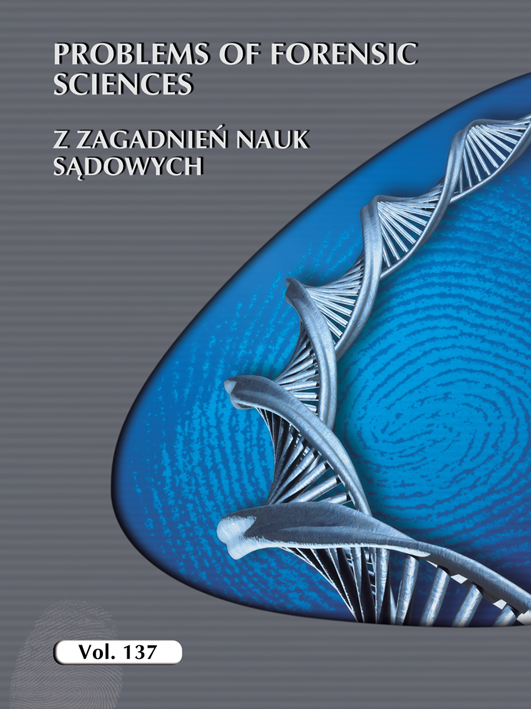DNA testing for investigative purposes: search for the perpetrator’s DNA profile and kinship analysis
DNA testing for investigative purposes: search for the perpetrator’s DNA profile and kinship analysis
Author(s): Wojciech BranickiSubject(s): Criminal Law, Criminology, Demography and human biology
Published by: Wydawnictwo Uniwersytetu Jagiellońskiego
Keywords: DNA markers; Mass DNA testing; Forensic DNA database; Forensic genetic genealogy;
Summary/Abstract: Almost 40 years have passed since Alec Jeffreys’ seminal publications on the use of repetitive DNA marker analysis for human identification. The analysis of STR markers using multiplex PCR methods that followed this discovery has become a standard test for human identification. These methods also have investigative value. They are useful in the search for an unknown perpetrator through mass DNA testing as well as through forensic DNA databases. Another breakthrough is the analysis of long-range relationships. The ability to establish long-range relationships has enabled investigators to find the perpetrator of a crime, even in the absence of investigative hypotheses, by analysing the genealogical links recorded in our genomes. Modern DNA analysis not only provides strong evidence to be presented in court, but can also provide useful investigative leads when the identity of the perpetrator is unknown to the authorities.
Journal: Problems of Forensic Sciences
- Issue Year: 2024
- Issue No: 137
- Page Range: 5 - 16
- Page Count: 12
- Language: English

